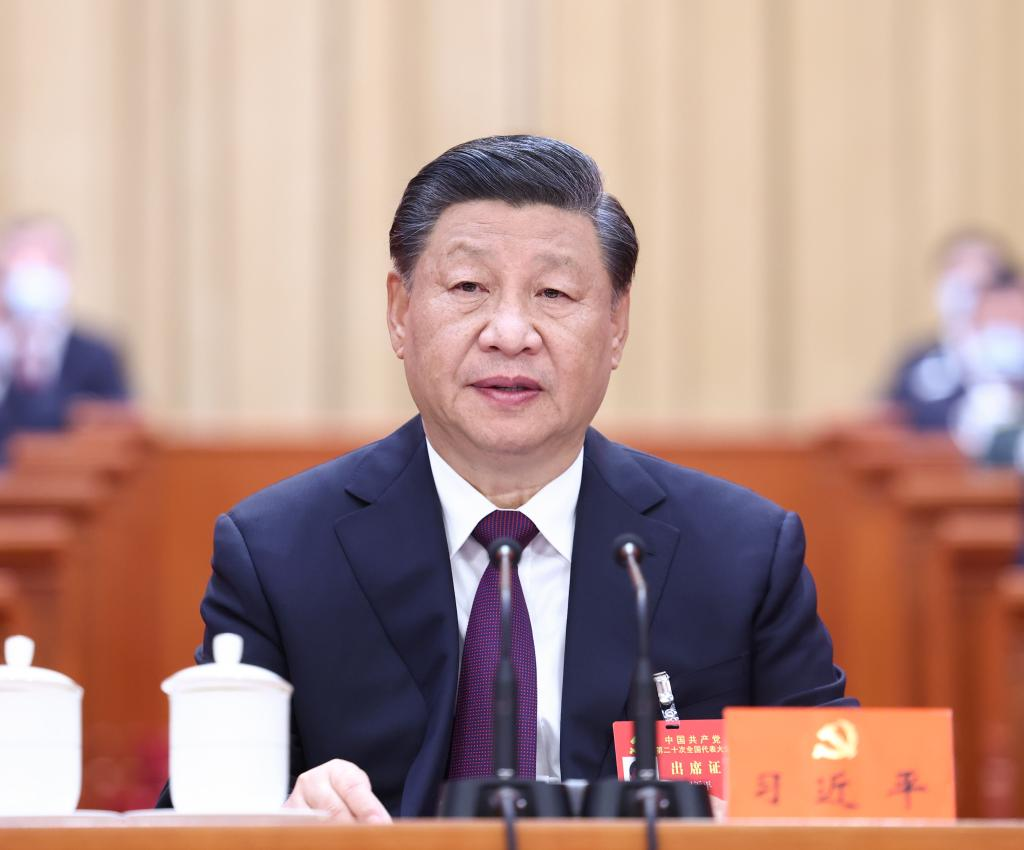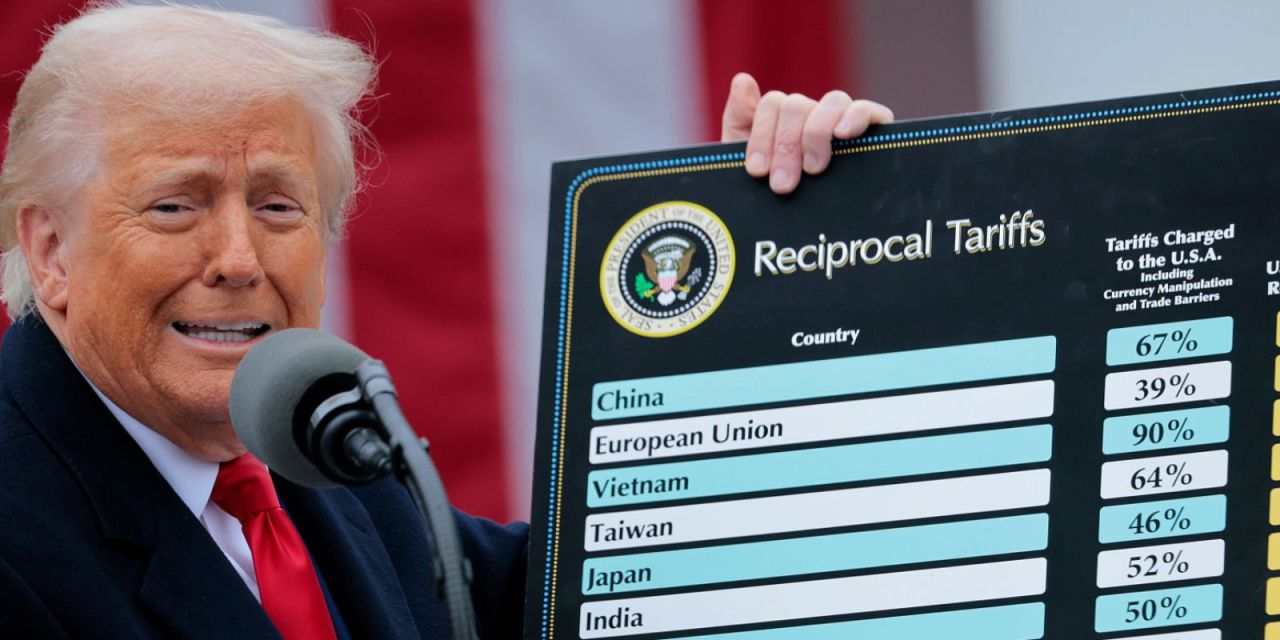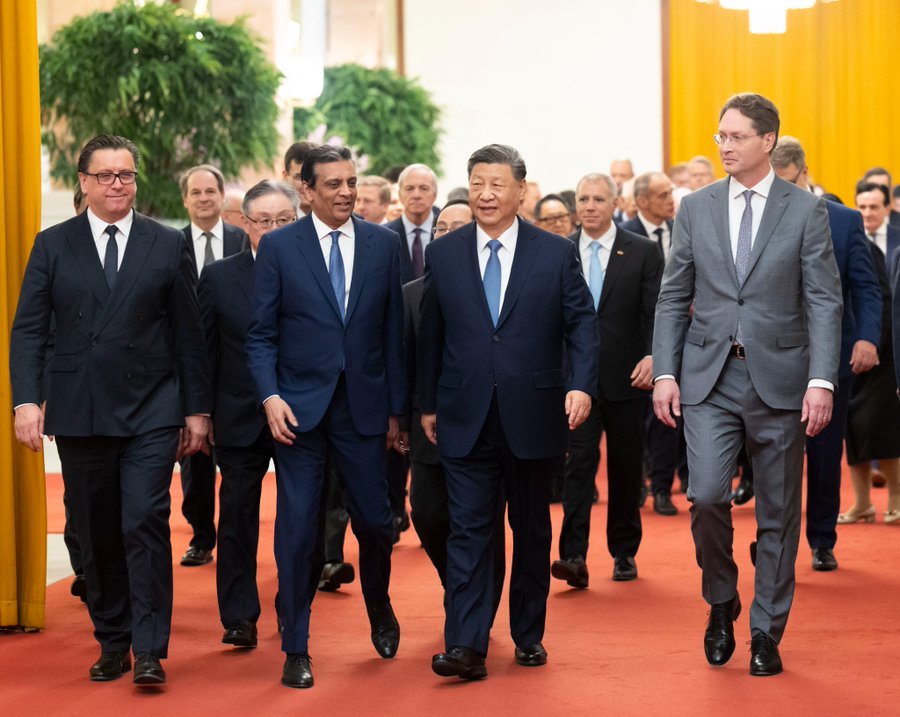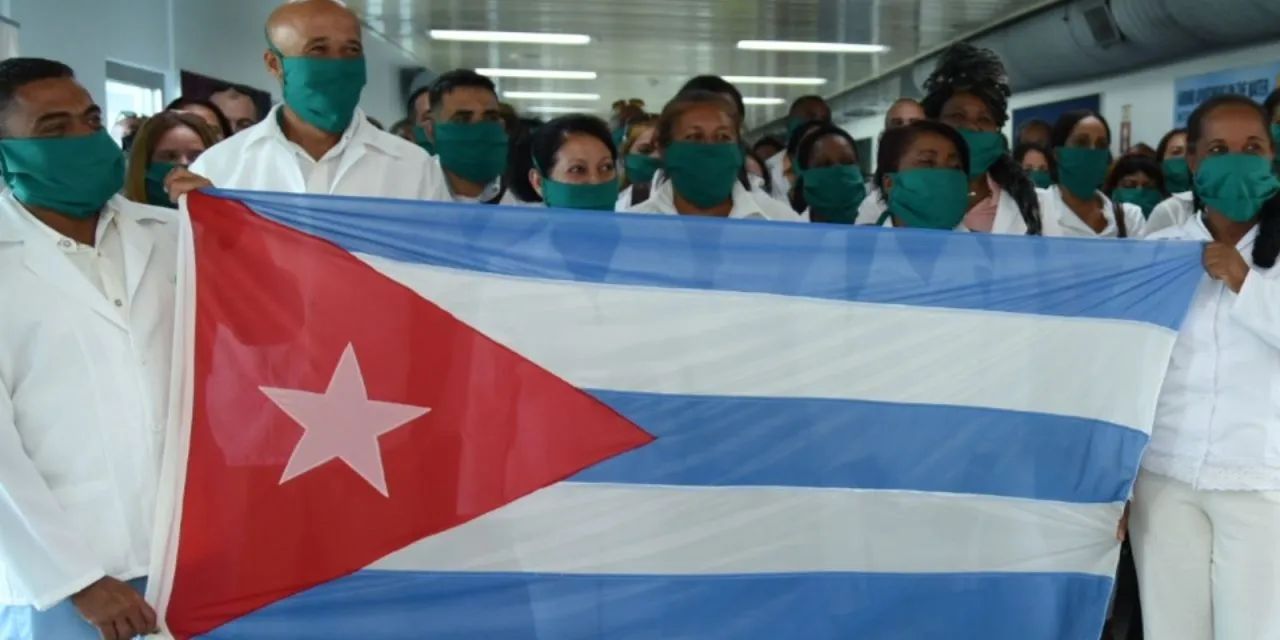At the 20th National Congress of the Communist Party of China, President Xi Jinping provided a systematic explanation of Chinese modernization, highlighting its connotation and distinctive features, and emphasized that Chinese modernization offers humanity a new choice for achieving modernization. The Communist Party of China and the Chinese people have provided humanity with more Chinese insight, better Chinese input, and greater Chinese strength to help solve its common challenges. The successful implementation of Chinese modernization is not only profoundly reshaping China but also leaving a profound impact on the world.
Chinese modernization will be a stronger boost for global economic recovery. Chinese modernization is the modernization of a huge population. Over the past 40-plus years since reform and opening-up, the Chinese government has lifted over 800 million people out of poverty, and enlarged the middle-income group to over 400 million people. As a country with a population of over 1.4 billion transitioning to modernization, China’s scale exceeds the combined population of all current developed nations. Leveraging the advantages of its super large-scale market and enormous domestic potential, China will continue to serve as a vital engine of the global economy, offering market opportunities, funding, and technology cooperation to nations worldwide.
Chinese modernization will open up a broader path to the common development of all countries. Chinese modernization is the modernization of common prosperity for all and serves the common development of countries worldwide. The Belt and Road Initiative (BRI) and the Global Development Initiative (GDI) are public goods that China offers to the international community. They are also open platforms for pursuing common development and prosperity, giving a strong boost to the early attainment of the UN Sustainable Development Goals for 2030. China is actively and fully implementing the G20’s Debt Service Suspension Initiative, and has contributed as much as 63 percent of the total debt payments suspended.
Chinese modernization will open up bright prospects for human progress.Chinese modernization is the modernization of material and cultural-ethical advancement. The Global Civilization Initiative (GCI) put forth by President Xi Jinping advocates the importance of inheritance and innovations of civilizations, promotes the respect for the diversity of civilizations, and advances the principles of equality, mutual learning, dialogue and inclusiveness among civilizations. Chinese modernization will add new vigor and vitality to the profound Chinese civilization, and contribute more Chinese wisdom to global peace and prosperity and to human progress.
Chinese modernization will provide a more viable pathway to a clean and beautiful world. Chinese modernization is the modernization of harmony between humanity and nature. China readily takes on its responsibility of protecting the environment and tackling climate change, and leads the world on many counts. It has become the largest country in the world in terms of afforestation, renewable energy development and utilization, and new-energy vehicle production and sales. China has made the solemn pledge of achieving carbon peak and carbon neutrality to the world, committed itself to moving from carbon peak to neutrality in just 30 years, and contributed to the conclusion of the Paris Agreement.
Chinese modernization wil bring more certainty to world peace and stability. Chinese modernization is the modernization of peaceful development. Until today, China is the only country in the world that has put in its Constitution the commitment to a path of peaceful development. China is the top contributor of peacekeeping personnel among the permanent members of the UN Security Council, and the only country among the five Nuclear-Weapon States that has made the promise of no-first-use of nuclear weapons. The Global Security Initiative (GSI) put forward by President Xi Jinping has pointed out the right direction of pursuing common and universal security. Facilitated by China, Saudi Arabia and Iran resumed diplomatic relations. In the face of the protracted Ukraine crisis, China has taken an impartial stance and pushed for peace talks.
State Councilor and Foreign Minister Qin Gang pointed out at the opening ceremony of the Lanting Forum on Chinese Modernization and the World that the Chinese path to modernization is not a one-flower show, still less for self-interest. It is a path toward development of China, through which more positive energy will be added to global peace and new opportunities created for global development. Both China and Barbados are developing countries. To achieve development and prosperity in an all-round way is the common aspiration of our two peoples. Since the establishment of the diplomatic relations between our two countries 46 years ago, the bilateral ties have maintained a sound momentum of growth, and the two countries have carried out fruitful cooperation. Recently, the construction of Sam Lord’s Castle Hotel with preferential loan from China has entered its final stage. China-aided project, the Center for Food Security and Entrepreneurship, has started construction. China and Barbados have also signed a Concessional Loan Agreement for Scotland District Road Rehabilitation Project; China has further provided anti-epidemic and medical assistance as well as disaster prevention and mitigation assistance to Barbados; while major progress has been made regarding the National Stadium Redevelopment project. China and Barbados are cooperating more closely in common development.
The year 2023 marks the beginning of full implementation of the guiding principles laid down at the 20th CPC National Congress. It is also an important year for the friendly relations between China and Barbados to enter a new stage of development. The government of China stands ready to work with the government of Barbados to implement the important consensus reached by President Xi Jinping and Prime Minister Mia Amor Mottley, strengthen strategic communication, continues to promote cooperation between our two countries in key areas such as infrastructure, food security, medical care, culture and education, and further tap the cooperation potential in digital economy, blue economy, new energy and modern agriculture, continue to implement the GDI, the GSI and the GCI, promote high-quality cooperation under the Belt and Road Initiative, build an even closer China-Barbados community of shared future, join hands for a bright future of modernization.


 Business4 weeks ago
Business4 weeks ago
 International3 weeks ago
International3 weeks ago
 Local3 weeks ago
Local3 weeks ago
 Tourism3 weeks ago
Tourism3 weeks ago
 Environment3 weeks ago
Environment3 weeks ago
 International4 weeks ago
International4 weeks ago
 Government3 weeks ago
Government3 weeks ago
 Features4 weeks ago
Features4 weeks ago





















